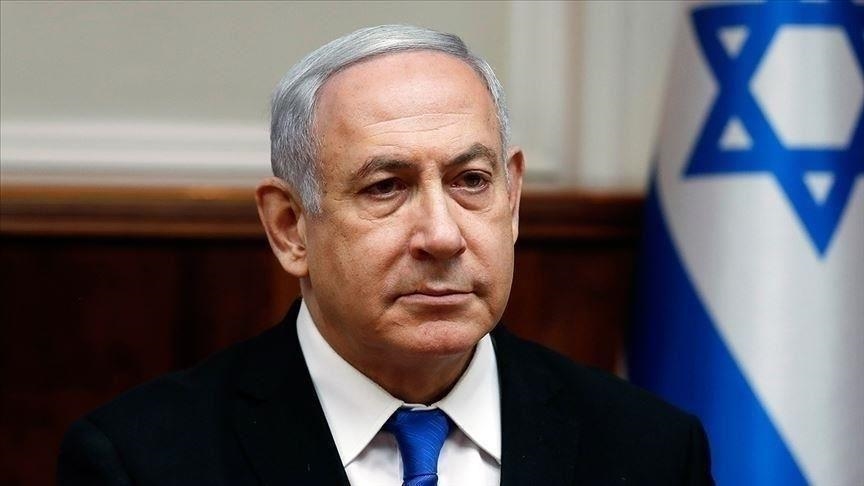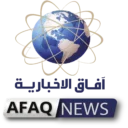Vladimir Putin in on a charm offensive. On Thursday, the Russian president will roll out the red carpet for African leaders as he seeks to shore up Moscow’s position in a continent that’s becoming increasingly important to his country’s geopolitical ambitions.
Alongside the war in Ukraine, food security will be high on the agenda of the second Africa-Russia Summit in St Petersburg, especially after Russia’s decision last week to withdraw from an international grain deal left many in Africa unnerved.
The agreement was brokered by the United Nations and Turkey last year to allow the safe passage of agricultural goods through Ukraine’s ports in the Black Sea despite the war with Russia. While the vast majority of the nearly 33 million tonnes exported since then did not reach the world’s poorest countries, the deal helped reverse spiralling food prices by more than 20 percent, according to the UN.
Russia justified its decision by saying the conditions for the extension of the Black Sea Grain Initiative had been ignored. In the days that followed, it unleashed a series of strikes on port infrastructure and grain depots in the south of Ukraine.
Korir Sing’Oei, Kenya’s principal secretary for foreign affairs, called Putin’s decision “a stab on the back”, but African leaders have by and large refrained from commenting.
In an editorial published on Monday, Putin blamed the West for failing to deliver grain to the world’s poorest and assured African nations that Russia can replace Ukrainian grain “free of charge” as the country is expecting “a record harvest” this year.
“Moscow has always dreamed of an alternative financial and commercial system that is disconnected from the West – something that is now even more urgent given sanctions on Russia,” said Alex Vines, lead of the African Programme at Chatham House, referring to the sweeping measures imposed by Western countries following Russia’s invasion of Ukraine last year.
“And Africa becomes important in this as Russia looks for new partnerships,” Vines added.
Russian officials have said that Putin, at the summit, will address the issue of food and fertilizers, as well as hold bilateral discussions with African leaders.
But, at this event, only 17 African heads of state or government will be present compared to 43 that attended the 2019 summit, leading Russia to blame “interference” from the West.
A number of cultural, humanitarian and technological deals are expected to be signed at the summit, with participants also due to adopt a resolution.
“The main attention will be paid to the prospects for the further development of relations between Africa and Russia with an emphasis on our assistance to the national sovereign development of Africans, ensuring fair access to food, fertilisers, modern technologies and energy resources,” Kremlin foreign policy adviser Yuri Ushakov said this week.
Ukraine war
The two-day event takes place just weeks after a mutiny by the Wagner Group raised questions about the future of the Russian mercenary force.
In recent years, Wagner had been seen as a key component in Russia’s efforts to expand its influence in Africa. However, Wagner’s abortive rebellion against the top military brass in Moscow amid disagreements over the war effort in Ukraine has caused a deep rift between the group and the Russian state.
Foreign Minister Sergey Lavrov and Wagner chief Yevgeny Prigozhin have since made separate statements both suggesting the group will continue to operate in parts of Africa, but it was not clear under whose control.
Wagner troops are known to have been active in a number of countries, including the Central African Republic, Libya, Mali and Sudan. The heads of state of all these countries, except war-hit Sudan, have confirmed their presence at the summit.
In St Petersburg, the African leaders are also expected to be more assertive in their diplomatic efforts to find a resolution to the war in Ukraine – a conflict largely perceived in the continent as an internal European matter which has, however, greater ramifications including on countries in Africa.
Last month, representatives of six African countries visited both Russia and Ukraine in an effort to mediate in the war, but their proposals were largely dismissed by both sides.
Still, analysts say African leaders, who represent the biggest bloc at the UN General Council, have travelled to St Petersburg aware of their increased geostrategic stock in the face of growing competition between Russia and the United States on a number of fronts.
“African stakeholders are increasingly bullish about what they have to offer to the world and can pick for a growing range of suitors,” said Ronak Gopaldas, director at Signal Risk, an African risk advisory firm.
Their goal will be to diversify their economic and political relationships for maximum strategic benefit, while also looking for tangible results beyond cosmetic pledges, he added.
“African states are attempting to be kingmakers, rather than be caught in another proxy war,” Gopaldas noted.

















عذراً التعليقات مغلقة